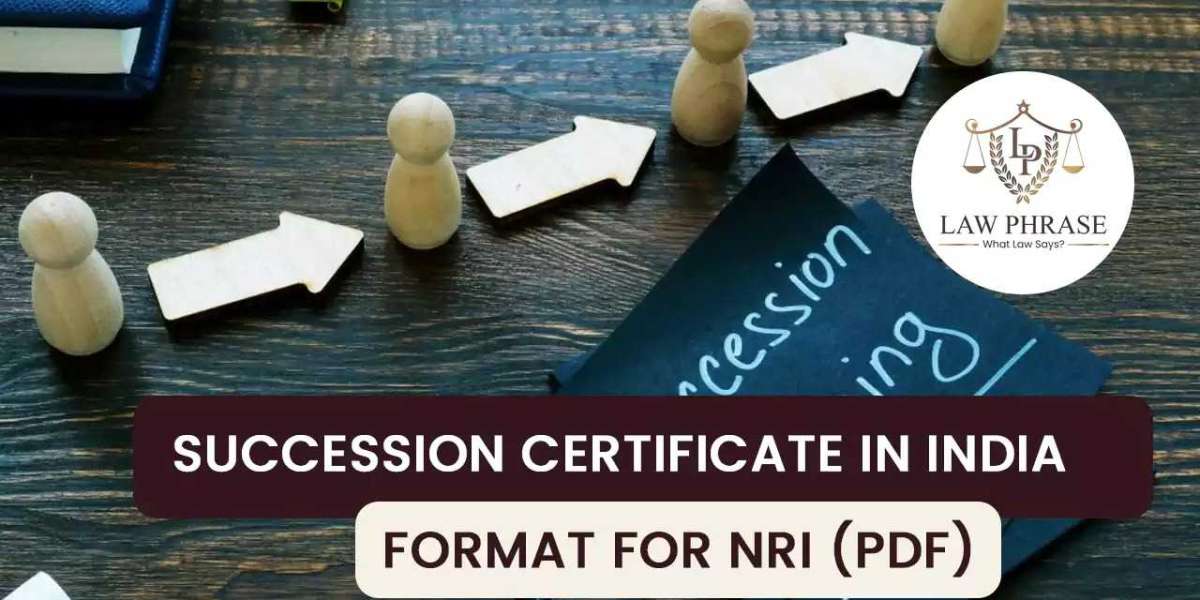In India, a Succession Certificate is a legal document that is issued by a court to the legal heirs of a deceased person. This certificate establishes the legal heirship of the person and authorizes the heirs to inherit the property and assets of the deceased. However, obtaining a Succession Certificate in India for NRI (Non-Resident Indian) can be a complex and time-consuming process.
Who is an NRI?
Before delving into the process of obtaining a Succession Certificate in India for NRI, it is essential to understand who an NRI is. According to the Foreign Exchange Management Act (FEMA) of 1999, an NRI is an Indian citizen who resides outside India for more than 182 days in a financial year.
Why is a Succession Certificate required?
A Succession Certificate is required when the deceased person has not left a will or any other legal document that establishes the inheritance of the property and assets. It is a necessary document for the legal heirs to claim their share of the inheritance. Additionally, it is essential when the deceased person has investments or bank accounts, and the legal heirs need to transfer or sell them.
Process of Obtaining a Succession Certificate in India for NRI
The process of obtaining a Succession Certificate in India for NRI involves the following steps:
Jurisdiction: The first step is to determine the jurisdiction of the court. The court that has jurisdiction is the one where the deceased person resided or owned assets. If the deceased person owned assets in different jurisdictions, the legal heirs will have to apply to the court in each jurisdiction.
Filing of Petition: The legal heirs will have to file a petition in the court to obtain a Succession Certificate. The petition must include details of the deceased person's death, the names and addresses of the legal heirs, and details of the assets and liabilities of the deceased person.
Notices: After filing the petition, the court will issue notices to the legal heirs and the creditors of the deceased person. The notice will be published in local newspapers, and the legal heirs will have to respond within a specified time.
Verification: The court will verify the details provided in the petition and may call for further evidence or documents. The court may also appoint an administrator to manage the estate until the Succession Certificate is issued.
Issuance of Certificate: Once the court is satisfied with the verification process, it will issue the Succession Certificate to the legal heirs. The certificate will mention the names of the legal heirs and their share of the inheritance.
Challenges in Obtaining a Succession Certificate in India for NRI
Obtaining a Succession Certificate in India for NRI can be challenging due to several reasons. Firstly, the legal heirs will have to visit India to file the petition and attend court hearings. Secondly, the process can take a long time, and the legal heirs may have to make multiple visits to India. Thirdly, the process can be complicated, and the legal heirs may require the assistance of a lawyer.
Conclusion
In conclusion, a Succession Certificate in India for NRI is a necessary document to establish the legal heirship of a deceased person and claim their share of the inheritance. While the process can be complex and time-consuming, it is essential to follow the legal procedures to avoid any legal complications. It is advisable to seek the assistance of a lawyer who is well-versed in the process of obtaining a Succession Certificate in India for NRI.
Read More: divorce under muslim law








